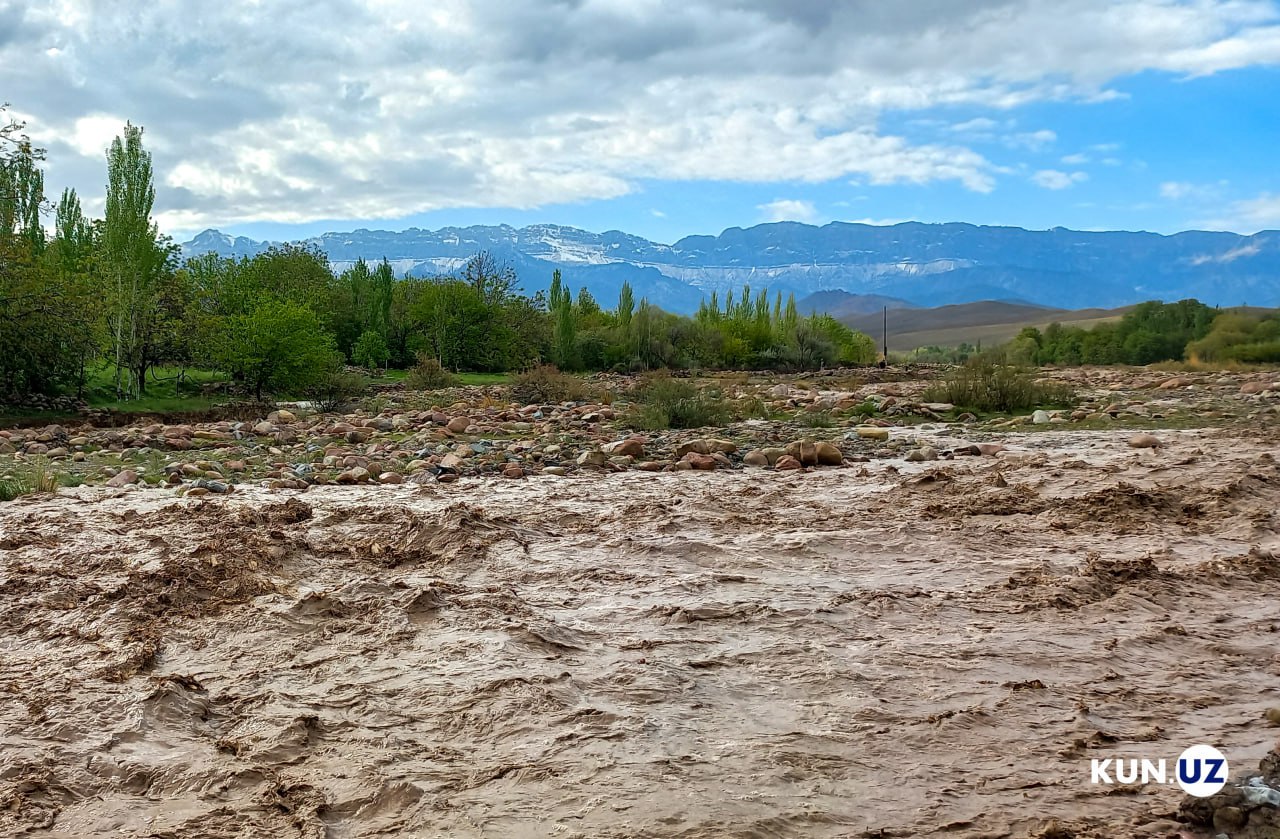WNAM MONITORING: President Shavkat Mirziyoyev has ordered the construction of 10 floodwater reservoirs across nine districts in Kashkadarya, Namangan, Surkhandarya, Tashkent, and Fergana regions to improve water availability for agricultural land. These reservoirs are expected to enhance irrigation systems across 50,000 hectares of farmland, addressing crucial needs for water conservation and irrigation efficiency in Uzbekistan’s agricultural sector.
During a recent meeting led by President Mirziyoyev on optimizing water and energy resource use in agriculture, officials reported that Uzbekistan’s 2.5 million hectares of irrigated land currently rely on over 1,600 pumping stations, consuming 6.8 billion kilowatt-hours of electricity annually. The Central Bank has outlined potential savings of up to 20% of this energy through private partnerships to install efficient pumps and solar panels.
In light of these findings, the government plans to modernize major pumping stations in Jizzakh and Namangan through an international tender process, aiming for improved efficiency and transparency. Farms across Uzbekistan are set to receive support to reduce energy costs, including a budget allocation of 250 billion UZS for electricity subsidies in 2024, building on the 170 billion UZS provided this year.
The successful implementation of solar panel installations in Khorezm has inspired a national initiative to support farmers in adopting modern irrigation technology. Farmers in Khorezm have already reported 20% energy savings through new pumps and additional income from selling surplus solar-generated electricity back to the state.
As part of broader conservation efforts, the government has allocated 700 billion UZS in subsidies and 2.5 trillion UZS in loans for water-saving technologies in 2024. This initiative builds on the introduction of these technologies over two million hectares in Uzbekistan, which saved two billion cubic meters of water last year. However, challenges remain in some areas, such as Karakalpakstan, where budgeted funds for laser-leveling of land went unused.
Additionally, the Ministry of Water Resources has been tasked with establishing a centralized system for digital water management to consolidate and analyze water usage data. This new center will implement a single information system to monitor and regulate water consumption and billing processes.
To address administrative inefficiencies, President Mirziyoyev emphasized the need for a systematic approach to water tax revenue distribution between the budget and water service providers. The Ministry of Finance will now oversee automatic revenue allocation to ensure adequate funding for local water management services.
The meeting also reviewed input from agricultural sector officials and farm representatives on future strategies, reinforcing the need for sustainable practices and technology-driven solutions to support Uzbekistan’s agricultural growth.


